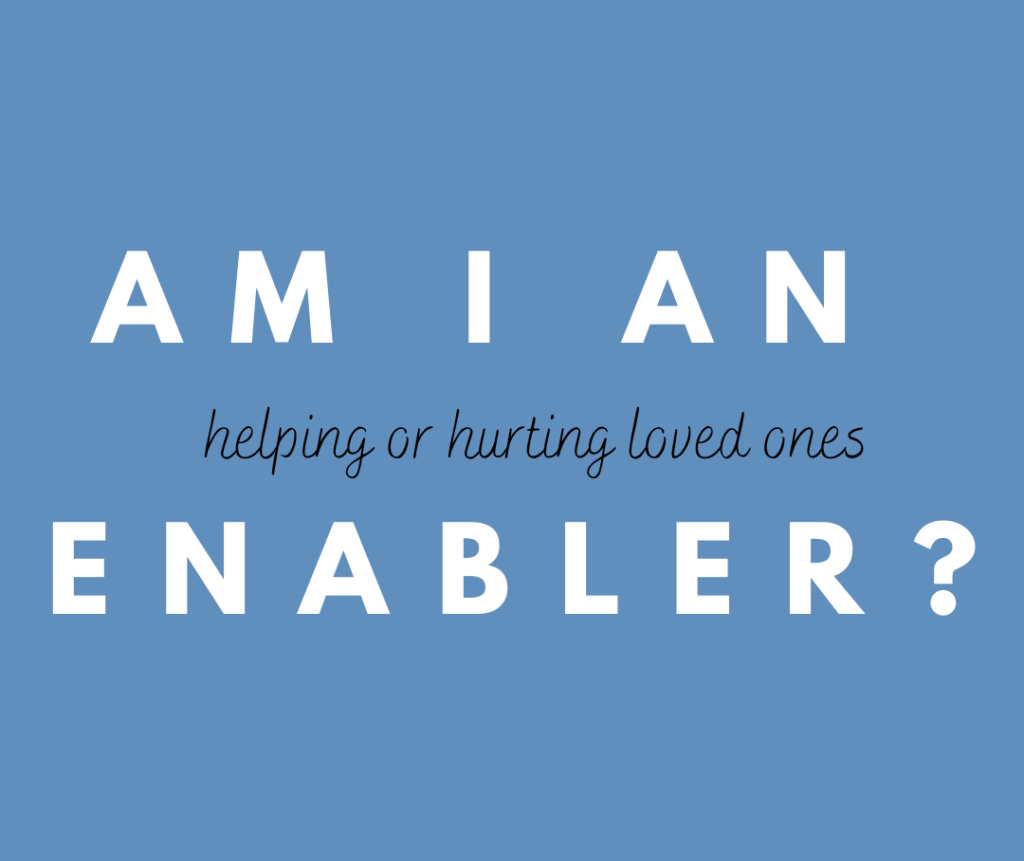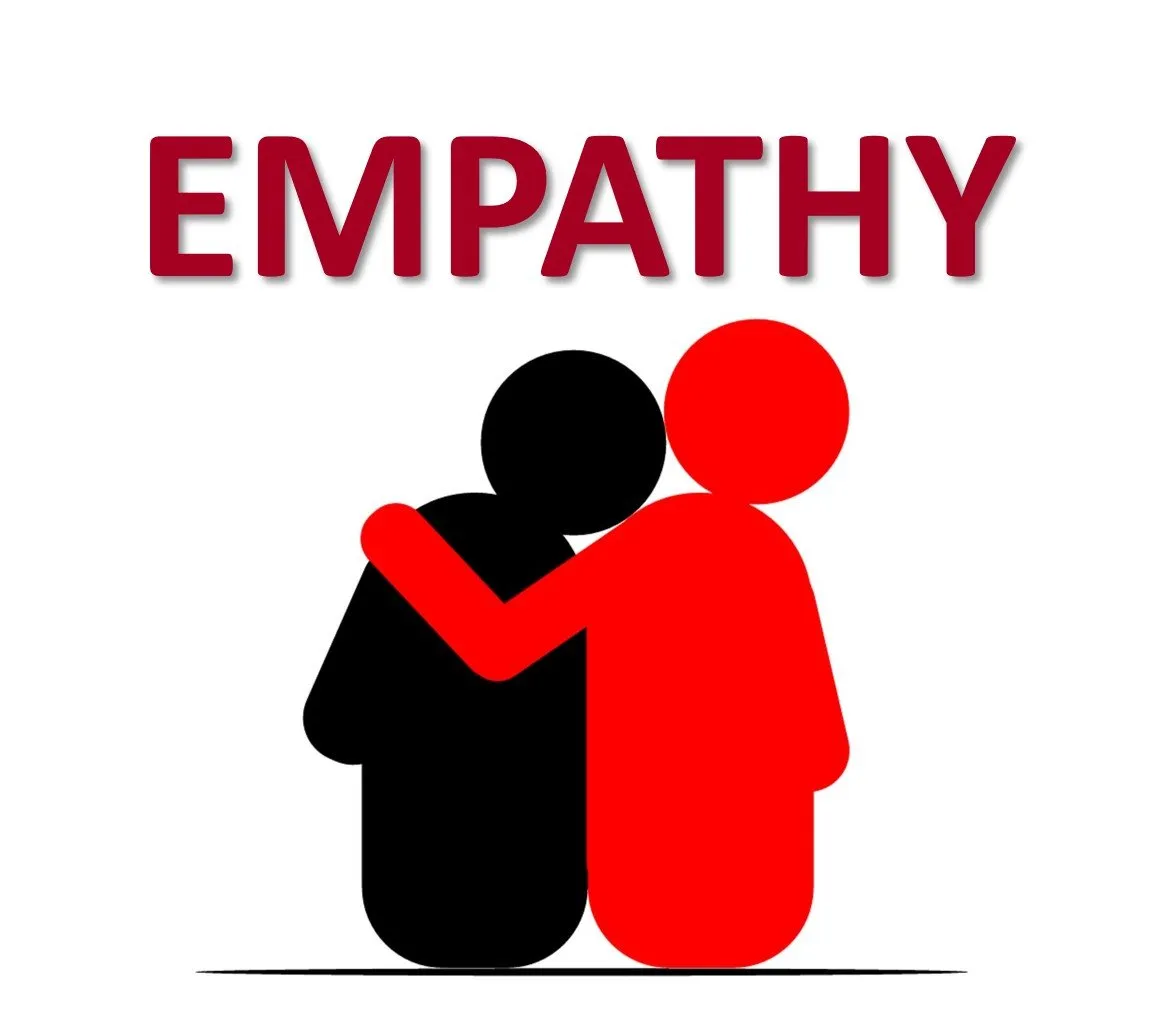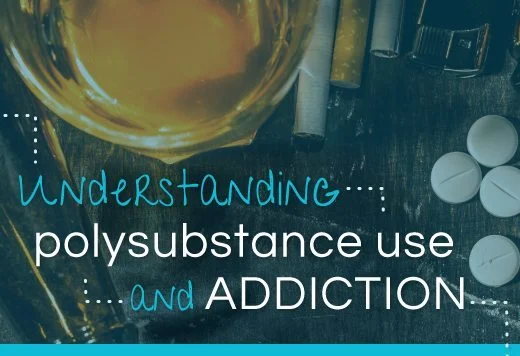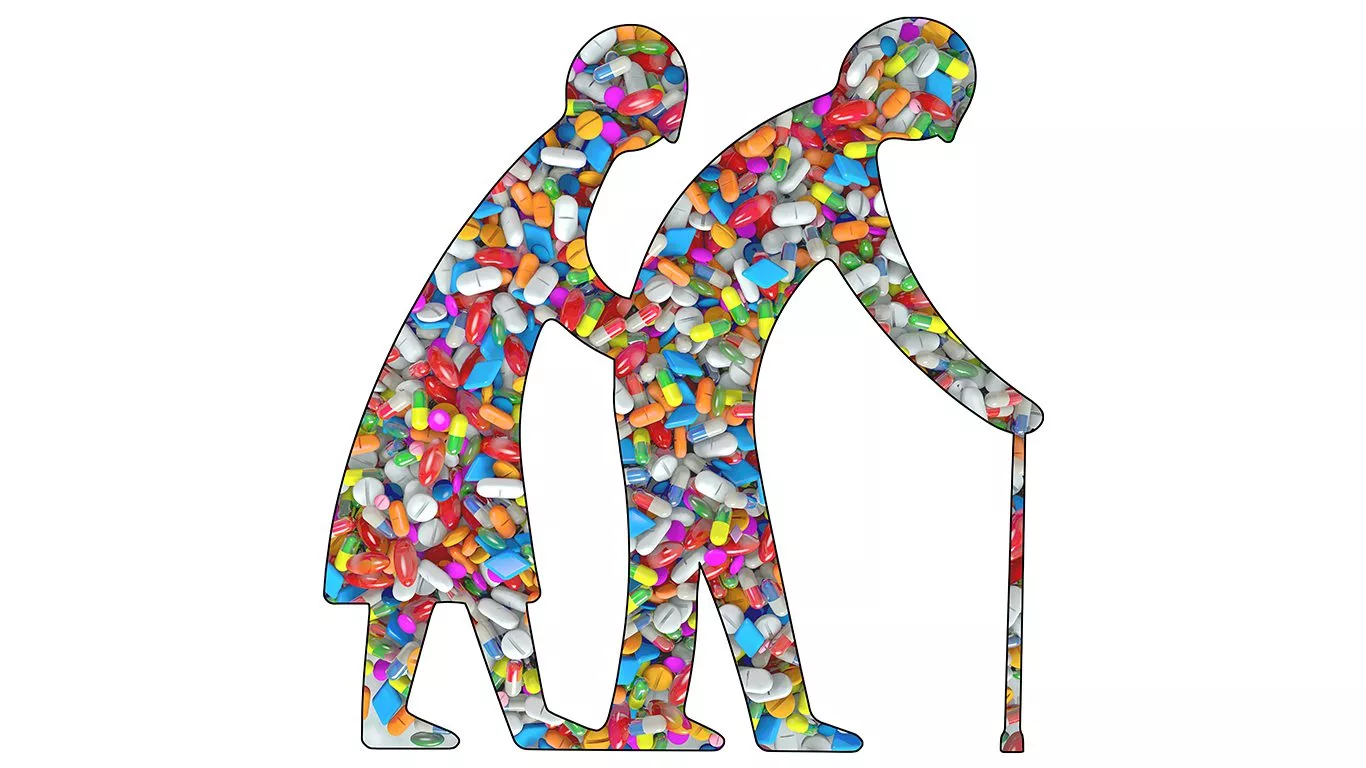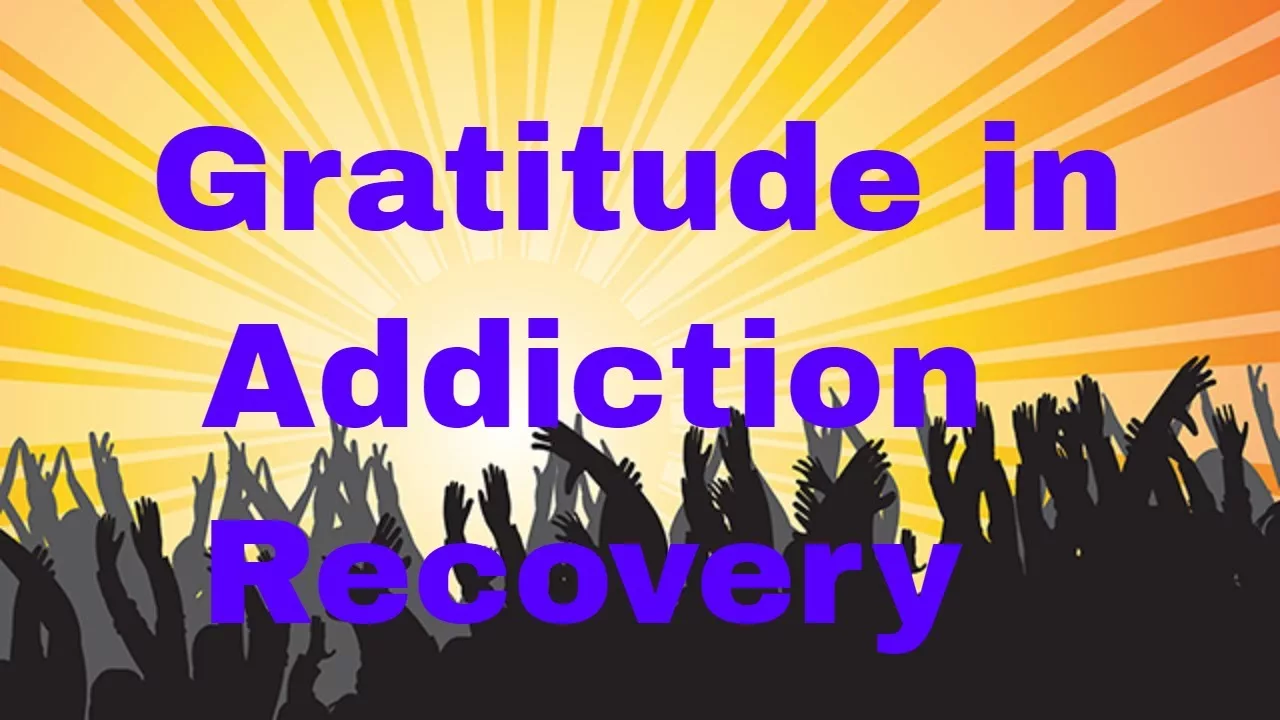Psychosis by Methamphetamine
Methamphetamine psychosis, stemming from chronic methamphetamine abuse, is characterized by hallucinations, delusions, and paranoia. It alters neurotransmitter systems, leading to brain damage and structural changes. Treatment involves a blend of pharmacotherapy and psychotherapy. Self-management techniques, family support, and community resources are critical for prevention and recovery. These approaches aim to address symptoms, manage substance use … Read more


